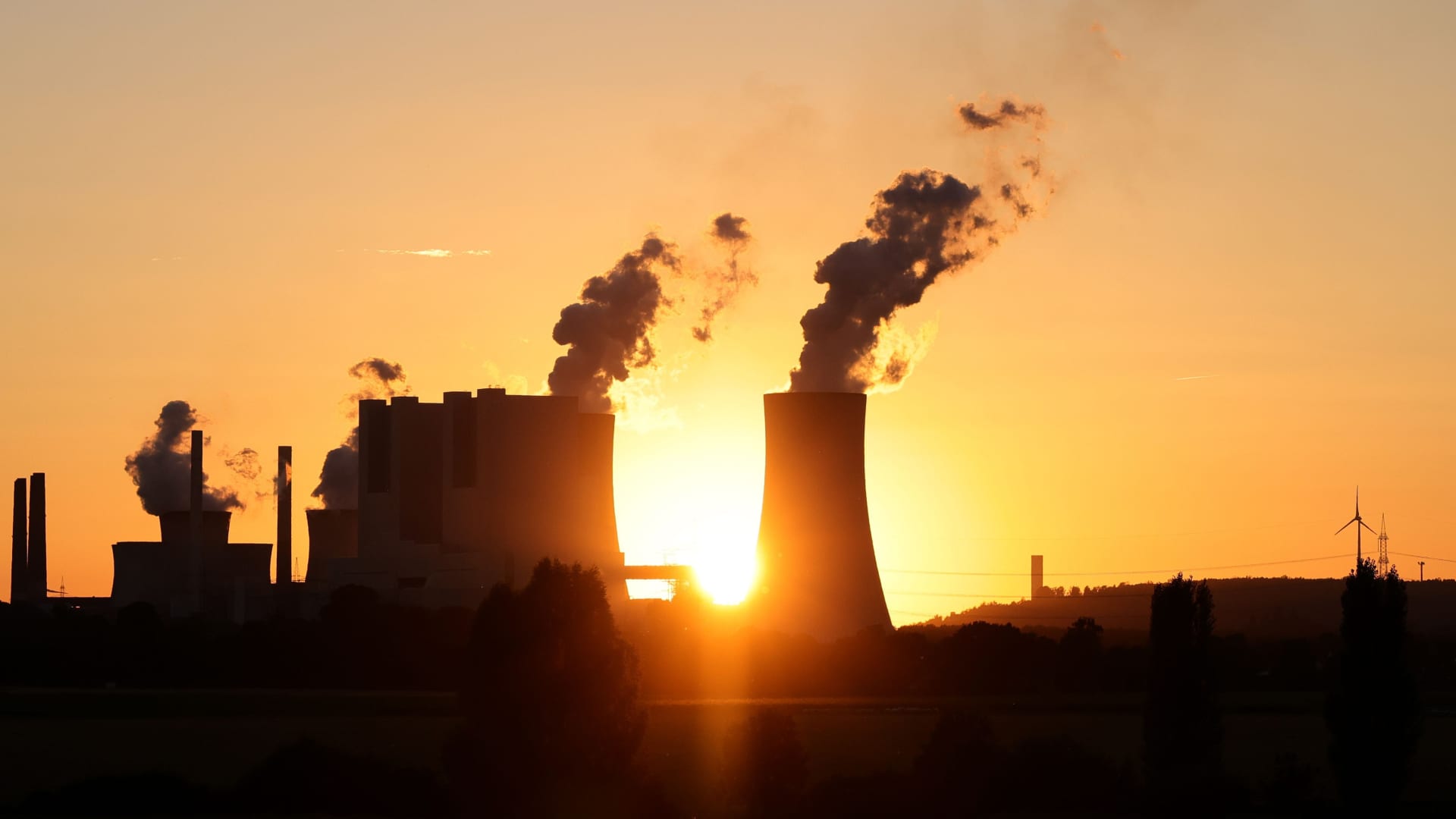The German economy, Europe’s largest, stagnated in the second quarter.
Andreas Rentz / Staff / Getty Images
The economic outlook for Germany is gloomy due to energy price rises and supply chain disruptions, the finance ministry said on Friday, a message underscored by a record jump in producer prices.
The German economy, Europe’s largest, stagnated in the second quarter, with the war in Ukraine, soaring energy prices, the pandemic and supply disruptions bringing it to the edge of a downturn.
“The outlook for the further development (of the economy) is currently noticeably gloomy,” the ministry said in its August monthly report, adding that it was marked by “a high degree of uncertainty”.
“The significantly lower gas supplies from Russia, the persistently high price increases for energy and, increasingly, other goods, as well as the longer-than-expected supply chain disruptions, also in connection with China’s zero-COVID policy, are weighing heavily on the economy’s development,” it said.
Producer prices, regarded as a leading indicator for inflation, saw their highest jumps on record both on the month and on the year in July, driven primarily by high energy prices, said the federal statistics office on Friday.
Energy prices as a whole were up 105% compared with July 2021, due mainly to higher prices for natural gas and electricity, the office said.
Feeding into already high energy costs, the German government will impose levies on gas consumers from Oct. 1 that will add several hundred euros to the average family’s annual energy bill. To cushion the blow, sales taxes on gas are set to be reduced to 7% from 19% while the levies are in place.
Higher energy prices mean inflation is unlikely to cool off anytime soon: Germany’s annual inflation rate in July was 8.5%, in line with the wider eurozone’s record rate of 8.9%.
The German government in April forecast 2022 inflation at 6.1%. It will present updated economic projections on Oct. 12, the finance ministry said.




















Discussion about this post